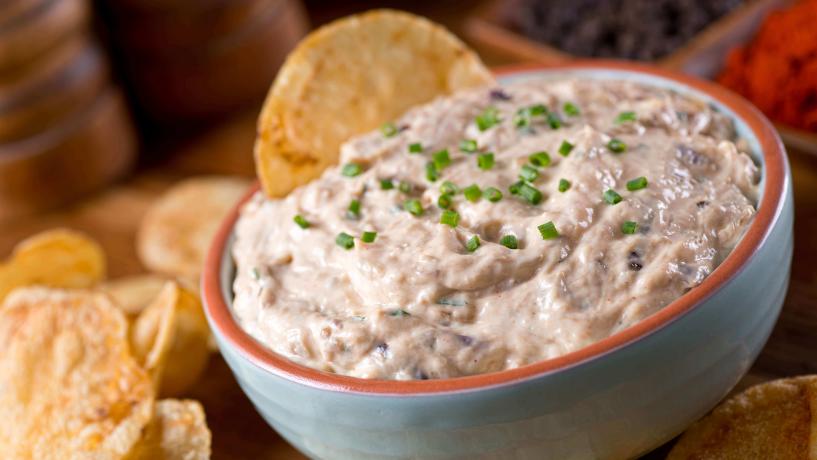
Christmas is just around the corner which means it’s time to start thinking seriously again about food safety and how you can go about keeping yourself healthy throughout the season.
With a heatwave forecast for Australia throughout much of this December, it’s of the utmost importance that food be stored, transported, and handled appropriately.
Being in a variety of social situations such as work Christmas parties can expose us to health risks. Take for example the usual party foods served at most holiday get-togethers such as chips and dips. We’ve all heard that double-dipping is a food safety hazard and something to be avoided… but is it really that bad? Studies conducted in the US help us to understand just how much of an issue (or not) double dipping can be.
Food scientists at Clemson University examined the effects of double-dipping using volunteers and a variety of different dips. It was determined that roughly 10,000 bacteria made it from the mouths of the volunteers back into the communal dip bowl when people double-dipped between three and six times. Whether or not you actually get sick from this will depend on how many bacteria are present and what kind they are.
However, choosing which dips to eat can have an effect on whether or not you get sick. Experts believe that thicker dips are more likely to be safe bets, as it’s harder for bacteria to spread and multiply. Options like hummus, cheese dip, and chocolate are probably going to be the safest for this reason. Avoid runny dips like salsa, as they provide an environment more conducive to the spread of bacteria.
Dips that are high in salt or very acidic also make it difficult for bacteria to grow and so they're usually good options too.
If you’re the one serving the dips, there are a few things that you can do to reduce the risk of your guests getting sick:
- Offer smaller chips that reduce the likelihood of double-dipping and the resulting spread of pathogens
- Keep your dips refrigerated until just before they're served to guests
- Throw out any dips that have been out of the refrigerator for more than 2 hours
- Put a spoon or knife next to each dip - you'll be surprised how many people use these utensils rather than dipping
- Choose thicker dips, or those with a high salt or acidity content





